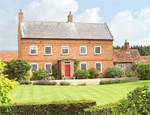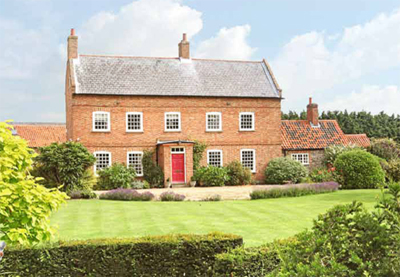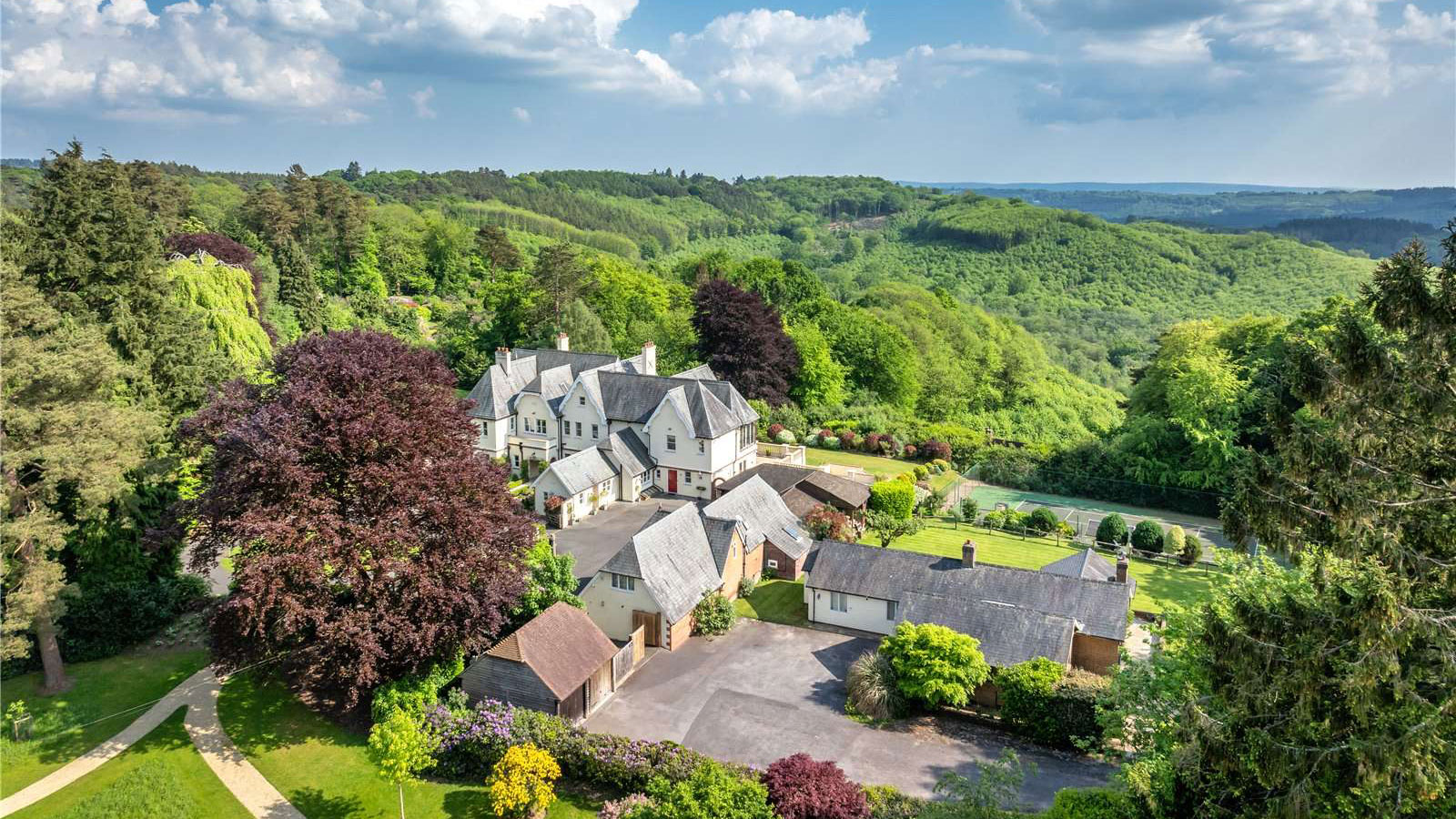Equestrian country house in Nottinghamshire
A period farmhouse in Nottinghamshire near the Vale of Belvoir would suit an equestrian buyer


Dating back to the 17th and early 18th centuries, Low Farm is a country house on the edge of Syerston in Nottinghamshire with views to the Vale of Belvoir.
This six bedroom farmhouse has accommodation over three floors and has been modernised to make a comfortable and charming family property. Accommodation includes an entrance hall, cloakroom, drawing room, dining room, inner hall, study, sitting room, kitchen/breakfast room, rear hall and boot room on the ground floor.
Upstairs, the first and second floors offer five double bedrooms, one single room, two bathrooms and a shower room, all with excellent rural views. Hay Barn cottage is a listed barn conversion with three bedroom accommodation over two stories.

* Subscribe to Country Life and get the Ipad edition at no extra cost
To the north of the farm are courtyards of brick and timber outbuildings including a tack room, stabling and kennels. There are extensive equestrian facilities including the nine stables, horse walker, ménage and paddocks.
Outside are the formal gardens and grounds, a pretty pond, and an orchard. The grounds and farmland extend to around 96 acres.
Low Farm sits on the edge of the Nottinghamshire village of Syerston, and is well places for both Nottingham and Newark (six miles), which has all necessary local amenities.
Sign up for the Country Life Newsletter
Exquisite houses, the beauty of Nature, and how to get the most from your life, straight to your inbox.
The guide price is £2,325,000. For further information please contact Savills on 0115 934 8000 or visit their website.
* Country houses for sale in Nottinghamshire
* Follow Country Life Property on Twitter
-
 Athena: We need to get serious about saving our museums
Athena: We need to get serious about saving our museumsThe government announced that museums ‘can now apply for £20 million of funding to invest in their future’ last week. But will this be enough?
By Country Life Published
-
 Six rural properties with space, charm and endless views, as seen in Country Life
Six rural properties with space, charm and endless views, as seen in Country LifeWe take a look at some of the best houses to come to the market via Country Life in the past week.
By Toby Keel Published
